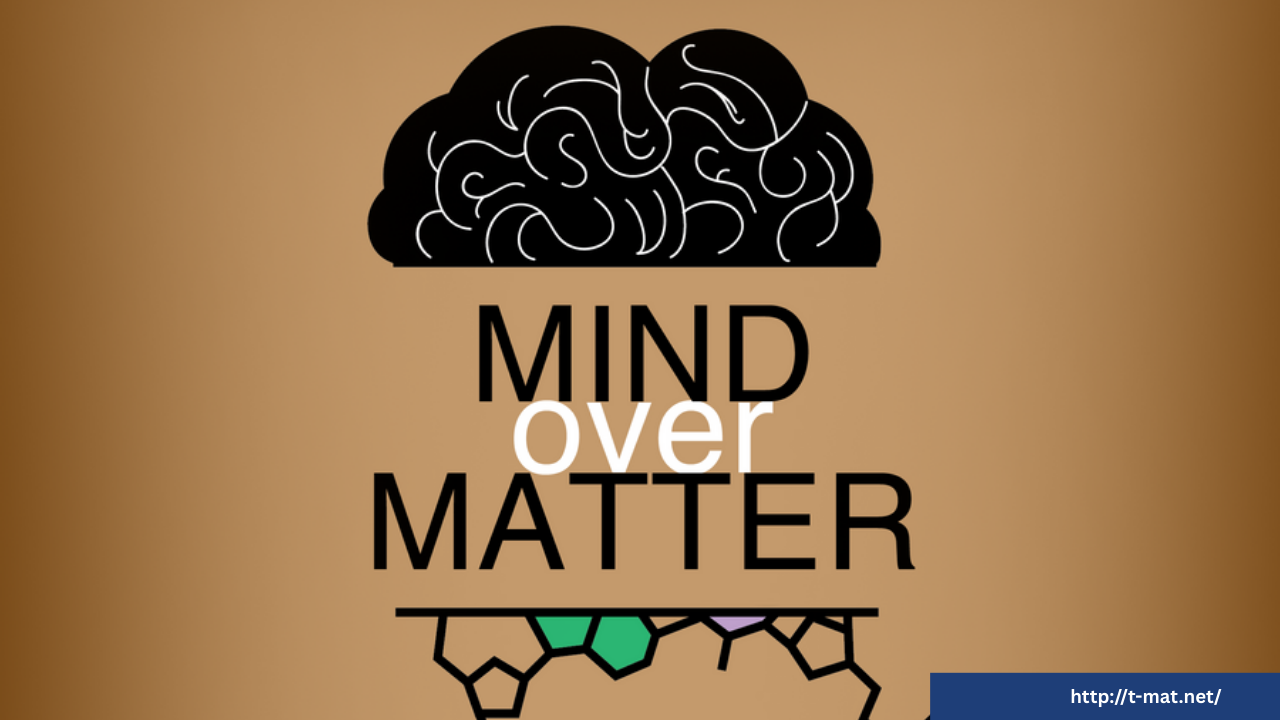
Stress is often considered a normal part of modern life, yet its influence on our health is anything but normal. While most people recognize stress as a mental or emotional challenge, few fully grasp how deeply it can affect physical health. From minor annoyances like headaches to life-threatening illnesses like heart disease, stress leaves a trail of damage across the entire body.
The Daily Toll: Headaches and Muscle Tension
One of the earliest and most common physical signs of stress is tension headaches. These dull, persistent pains often result from muscle contractions in the neck, scalp, and shoulders—areas that unconsciously tighten in response to stress. Over time, chronic stress can lead to frequent or even daily headaches, significantly affecting productivity and quality of life.
Muscle tension doesn’t just stop at the head. People under prolonged stress often suffer from tight shoulders, back pain, and joint stiffness, contributing to a cycle of discomfort and further stress.
The Hidden Cost: Cardiovascular Complications
Among the most dangerous impacts of chronic stress is its effect on the heart. When you’re under stress, your body releases hormones such as adrenaline and cortisol, which raise your heart rate and blood pressure. While this response is helpful in emergencies, constant activation can lead to hypertension, arterial damage, and an increased risk of heart attack or stroke.
Numerous studies have linked chronic stress to inflammation in the blood vessels, which plays a key role in the development of cardiovascular disease. In fact, stress is now considered a significant risk factor, alongside high cholesterol and smoking, for heart-related illnesses.
Digestive Disruption and Gut Health
Stress can turn your stomach into a battleground. It affects how food moves through your digestive system, leading to symptoms such as bloating, nausea, cramping, and diarrhea. Chronic stress can also exacerbate conditions like irritable bowel syndrome (IBS) and contribute to inflammation in the gut.
Additionally, stress impacts the gut microbiome— the trillions of bacteria that play a vital role in digestion, immunity, and even mental health. Disruptions to this delicate ecosystem can trigger a host of health problems and further compound the effects of stress.
Immune System Suppression
Long-term stress suppresses the immune system, weakening the body’s ability to fight off illnesses. People under chronic stress may find themselves getting sick more often and taking longer to recover. This lowered immune function increases vulnerability to infections and may even influence the development of autoimmune diseases.
Breaking the Cycle
The good news is that the far-reaching impacts of stress can be mitigated with intentional effort. Here are a few effective strategies:
- Engage in physical activity: Exercise releases endorphins and reduces stress hormone levels.
- Practice mindfulness and relaxation techniques: Meditation, deep breathing, and yoga can reset your nervous system.
- Establish boundaries: Learning to say no and manage your time wisely can reduce overwhelming demands.
- Seek professional support: Therapy or counseling can provide tools for coping and emotional relief.
Conclusion
Stress is not just a fleeting feeling—it’s a powerful force with the ability to harm nearly every system in the body. Understanding its wide-ranging effects, from headaches to heart disease, is the first step in taking back control and safeguarding your long-term health.


